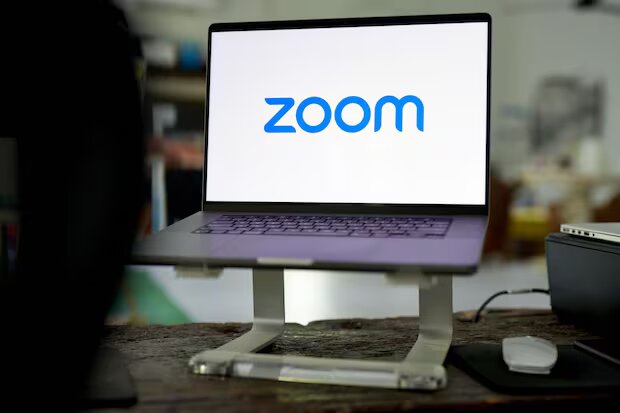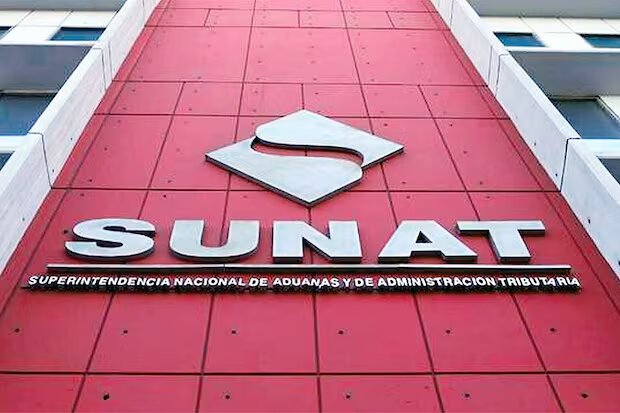According to the legislative decree published today, the collection of General Sales Tax (IGV) will begin on October 1 of this year. Learn the details in this note about the tax that platforms such as Netflix, Spotify, Disney+, among others, will pay.
As announced last Wednesday by the head of the Ministry of Economy and Finance (MEF), José Arista, the Government approved in the Council of Ministers a legislative decree to establish a mechanism for collecting the General Sales Tax (IGV) from digital platforms.
Arista said that for each transaction, 18% of the services charged by companies for intermediation or the direct provision of their digital services and goods through the Internet will be charged, Sunat”, he said. And today it was made official through publication in the newspaper El Peruano. To which services will it be extended and how will the retention be made?
Legislative Decree (DL) No. 1623 modifies the General Sales Tax (IGV) and Selective Consumption Tax (ISC) law regarding the use of digital services in the country and the importation of intangible goods through the Internet. According to the document, the initial deadline for this tax to begin to be collected from companies not domiciled in Peru that provide digital services and the importation of intangible goods through the Internet will be from October 1 of this year.
Which digital services will be affected by this provision?
The document establishes that the digital services will be the following:
-
Online access and/or transmission of images, series, films, documentaries, short films, videos, music and any other digital content, through streaming technology or other technology. Such as Netflix, Disney, Spotify, among others.
-
The storage of information.
-
Access to social networks and/or the provision of additional content or functions on them.
-
The service provided by online magazines or newspapers.
-
Remote conferencing services. Such as Zoom, Meet, Teams, among others.
-
Intermediation in the supply and demand of goods or services.
Alexa Adriazola, senior associate at Philippi Prietocarrizosa Ferrero DU & Uría (PPU), believes that the provision has a broad scope. For example, in the case of access to or provision of content on social networks, where she understands that services such as YouTube Premium or LinkedIn Premium or other social network extensions would be included. While in the aspect of intermediation in the supply and demand of services, it would involve services such as Airbnb, Uber and other taxi or delivery applications. As well as platforms such as Amazon, “which could discourage the free deliveries that are currently available”, she comments.
To comply with this rule, it is recommended that these companies not domiciled with Sunat first be registered.
In this regard, Adriazola believes that the application of the regulation is very complex and that compliance by non-domiciled digital services that do not register or, if registered, do not pay the tax may end up being a bluff, and it may become more the responsibility of payment facilitators, who are the ones who will make those collections.
Read decree: https://nocperu.com/web2/pdf/Decreto_Servicios-digitales.pdf
As explained by Jesús Ramos Ángeles, professor at the School of Public Management at the Universidad del Pacífico (UP), in this note, “it is difficult for the tax authorities to pursue these foreign companies and make them pay taxes in Peru", he said.
For the expert, the retention of VAT in banking transactions would generate costs for implementation, Ramos commented. He also added that Sunat will have to do a lot of work to inform about the companies that pay the tax.
According to international experience, experts agree, digital platforms transfer the tax increase to the consumer through the price.

What will the collection mechanism be?
In an interview with this newspaper, José Arista, head of the Ministry of Economy and Finance (MEF), indicated that they expect to collect between S/600 million and S/800 million from the collection of taxes from digital platforms. “But these are rough estimates”, he added. Arista said that, in the event that digital platforms decide not to pay or show reluctance, talks will be held with the banks so that they can be the withholding agents”, he stated in this interview.
According to the provision published today, the payment facilitators will be all companies in the financial system, including Banco de la Nación. Also part of this group are the companies that operate public telecommunications services that also receive payment for digital services.
In order for this tax to be withheld, the Government has provided two paths depending on whether there is intermediation in supply and demand or not:
In the event that there is no intermediation, it is indicated that if it is a credit card, the collection is made when the facilitator (financial institution) collects the card statement. In the event that partial payments are established for billing, “it is made in full on the date of the first payment. If the total amount to be collected is not covered, the balance is collected in the following payments until its cancellation”.
If it is a debit card, the tax will be collected on the same date as the transaction in the deposit or electronic money account.

Whereas, when it comes to digital services that involve intermediation, the DL establishes two paths. The first is that the facilitator (banking entity) is the one that directly retains the tax that the provider or seller of the underlying operation must pay for using the intermediation service in Peru.
The other case is when this tax is collected, for which the total relevant amount can be charged to the credit card and, as in the case where there is no intermediation, this is done at the time when the payment facilitator collects the card statement. If it is a debit card, the procedure is similar.

This is, as Adriazola explains, that the regulation provides that when the non-domiciled company does not include the payment of the tax in its service, the facilitator or banking entity will be responsible for making it.
For the specialist, the application of the regulation as it is published is complicated, and she perceives that there will be a complexity in putting together the registry, given the scope of the provision. She specifies that the regulation is still pending approval, so “between August and September there will surely be a lot of talk with the MEF to review these obligations, to specify whether there will be fines or consequences in case of non-compliance”, she maintains.
Sunat will verify compliance
The decree also details that Sunat will verify at least twice a year that non-domiciled subjects that provide digital services in Peru comply with the scope of the regulation.
What will be verified?
Among the conditions that will be verified is that non-domiciled companies that provide digital goods and services are registered in the Single Registry of Taxpayers (RUC), that they do not file the declaration or make the payment of the total amount of the Tax withheld or collected within the established deadlines, for two consecutive or alternating months; and that they do not file the annual information declaration within the indicated deadlines, if the obligation to file this declaration is established. In these cases, payment facilitators (banking entities) will also be in charge of withholding the tax.

What is the deadline for filing and paying?
Non-domiciled individuals may do so within the first 10 business days of the following month, although the details of the process must be established by Sunat via a resolution of the superintendency. The filing and payment can be made in national currency or in US dollars. The option is exercised in the filing corresponding to the month of January and is maintained throughout the year.
The list of non-domiciled subjects who do not pay or comply with the payment of these taxes will also be public and this detail will be published on their institutional website until the fifteenth day of the month following the tax entity having carried out its verification work.






